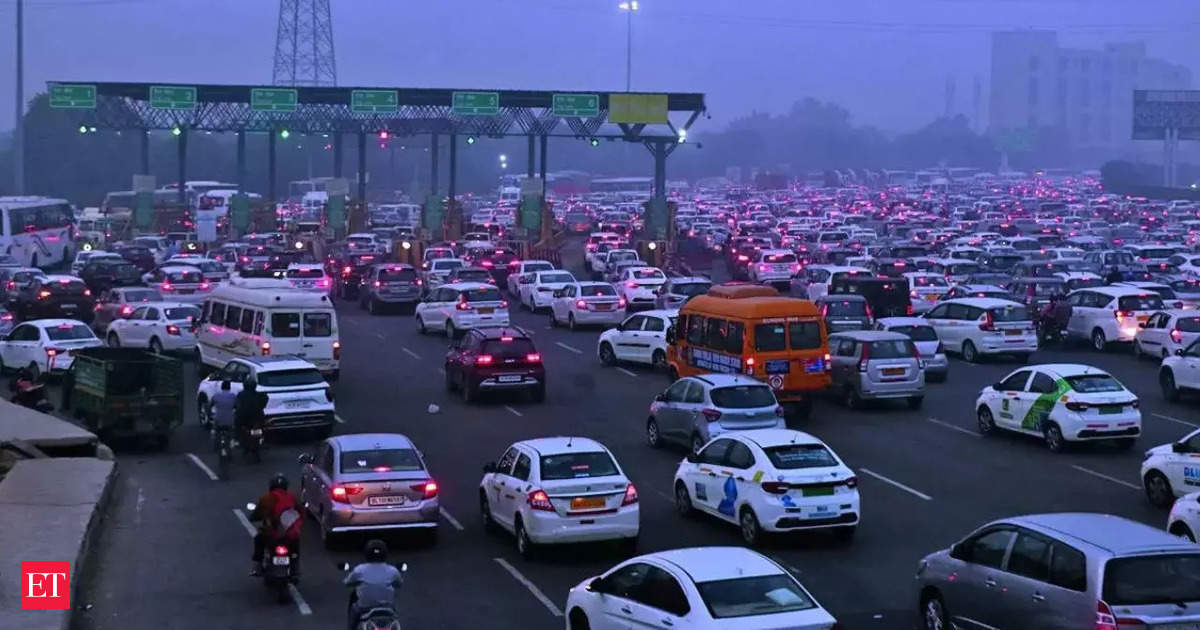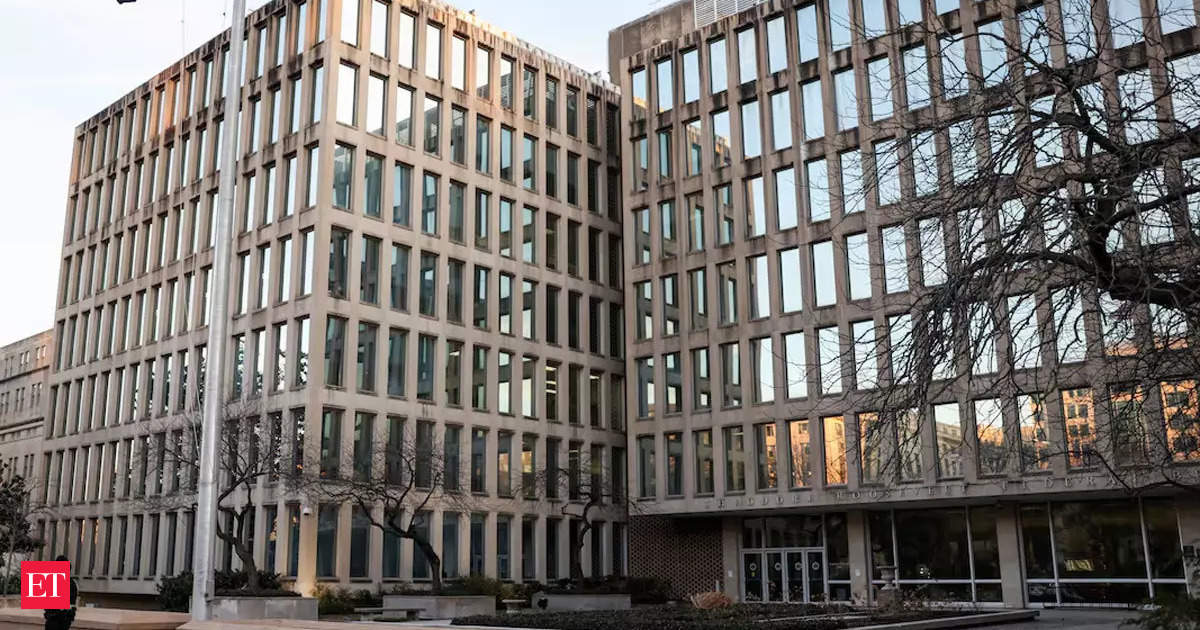The Delhi government’s plan to restrict cabs registered in other states from entering the capital during the implementation of the odd-even rule next week has raised concerns about difficulties in commuting between Delhi and the NCR cities. This decision has the potential to disrupt the interconnected transport grid and significantly reduce the availability of number of public transport vehicles. Ironically, most of the cabs that will be affected by this restriction run on CNG, which is a cleaner fuel option.
The measure may severely hit public transport as lakhs of employees work in one city and stay in another. Employees from Delhi, Gurgaon, Faridabad, Noida, and Ghaziabad commute every day for work across the region.
Cab aggregators like Uber, Ola, and InDrive, whose vehicles mostly have number plates registered in Gurgaon, Noida, or Ghaziabad, are still awaiting a formal order to understand the modalities of this decision. According to a source in the transport industry, if cabs with registration numbers from Uttar Pradesh (UP) and Haryana (HR) are barred from entering Delhi during the odd-even period, it could impact around 60-70% of the daily cab services operating in Delhi-NCR, which amounts to more than 1 lakh cabs.
The potential consequences of this decision have caused concern among residents, who believe that knee-jerk reactions are not a solution to mitigate air pollution. They fear that reduced availability of cabs will lead to higher fares and inconvenience. Additionally, since Gurgaon is a major office hub and Noida is a growing one, there are thousands of people commuting to these cities daily for work.
The restriction on cabs may disrupt intercity travel and force companies to consider work-from-home arrangements. NCR residents heavily rely on cabs to travel to Delhi’s airport and railway station, and the new restrictions will jeopardize these transportation options. People are worried about the potential surge in cab fares due to the limited availability of vehicles and increased cancellations. Cab owners are also concerned about the negative impact on their earnings, especially during the festive season when they receive a large number of bookings.
This decision will also put additional pressure on the already crowded metro system, as more people will opt for public transport due to the ban on BS III petrol and BS IV diesel vehicles. However, this poses a challenge for people living in areas without metro connectivity, such as Gurgaon’s new sectors. Buses are in poor condition, and reaching bus stops is difficult, making it an inconvenient option for commuters.











